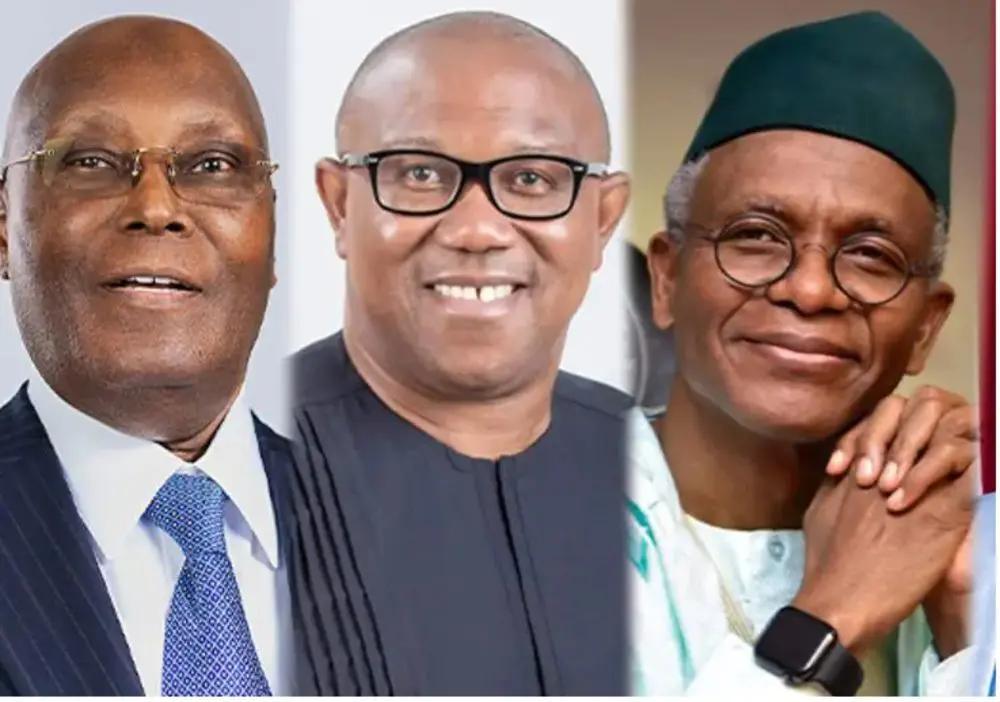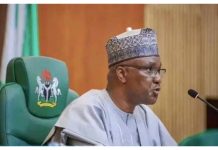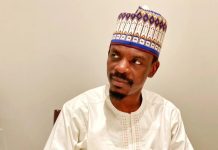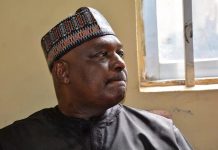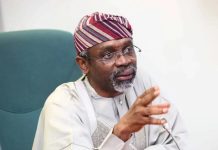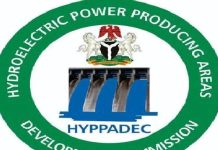By Abba Hamisu Sani
Africa-Press – Nigeria. The formation of a new coalition between two former presidential candidates—Atiku Abubakar of the People’s Democratic Party (PDP) and Peter Obi of the Labour Party—has been described by political observers as a new chapter in their political relationship. Both were once close allies and co-bearers of the PDP presidential ticket in 2019.
However, they parted ways ahead of the 2023 elections, with each emerging as the presidential flag bearer of a different party—Atiku for the PDP and Obi for the Labour Party.
As the 2027 general elections approach, politicians from both ruling and opposition camps are already strategizing. One of the most attention-grabbing developments is the formation of a coalition involving Atiku, Obi, and former Kaduna State Governor Nasir El-Rufai, who recently defected from the ruling All Progressives Congress (APC) to the Social Democratic Party (SDP).
The Birth of a New Coalition
The African Democratic Congress (ADC) has emerged as the new political bride in Nigeria’s opposition landscape, following its adoption by a coalition of opposition leaders as the platform to challenge President Bola Tinubu in the 2027 presidential election. The development was formally announced on March 20, 2025.
Prior to the ADC’s adoption, discussions over a preferred platform were stalled due to protracted talks, initially centered around the SDP. The SDP seemed the likely choice after El-Rufai’s defection from the APC, which generated interest among northern political elites. However, internal resistance soon surfaced. SDP National Chairman Shehu Gabam publicly rejected any party merger, declaring that the party would not serve as a vehicle for the ambitions of self-serving politicians.
The History of the ADC
Founded in 2005 by reform-minded activists, the African Democratic Congress has been led since inception by Ralphs Okey Nwosu. The party positions itself as a centrist platform advocating inclusive governance, youth empowerment, and national development.
Over the years, ADC has participated in general elections, fielding presidential and legislative candidates. In 2023, Dumebi Kachikwu was its presidential candidate, polling 81,919 votes and finishing fifth behind APC’s Bola Tinubu, PDP’s Atiku Abubakar, Labour Party’s Peter Obi, and NNPP’s Rabiu Musa Kwankwaso.
In the 2019 election, ADC’s candidate, the late Dr. Obadiah Mailafia, received 97,874 votes, placing fourth. In 2015, Dr. Mani Ibrahim Ahmad represented the party and polled 29,666 votes, ranking seventh.
Political analysts argue that the ADC’s consistent participation and relatively stable performance have made it an attractive fallback for the emerging coalition, especially amid internal crises within PDP, LP, and NNPP.
Why the SDP Fell Short
Initially considered by the coalition, the SDP reportedly lost favor due to concerns over potential influence from the ruling APC and the party’s unwillingness to be subsumed by other interests. This prompted fears of it becoming another compromised opposition platform.
There were also legal concerns. According to the Electoral Act, INEC has the authority to deregister parties that fail to win legislative seats. This risk, along with SDP’s internal rigidity, pushed the coalition toward the ADC.
The ADC’s lack of internal factionalism and its openness to reform were seen as additional advantages.
ADC National Chairman Speaks
Ralphs Okey Nwosu, the ADC National Chairman, confirmed that discussions were ongoing.
“We’re still engaging many patriots—party leaders and civil society actors. If it works, it’s not about quid pro quo. It’s about Nigeria,” Nwosu said.
He stressed the urgency of addressing poverty, citing a 75.5% poverty rate.
“Anyone joining this coalition must be ready to make sacrifices. We can only reposition Nigeria through sacrifice,” he emphasized.
Committee Formation
Nwosu revealed that the ADC has established two key committees:
One chaired by Dr. Bamidele Ganiyu Ajadi, Deputy National Chairman (Politics)
The other chaired by Dr. Mani Ibrahim Ahmad
These committees are traveling nationwide, engaging stakeholders. Nwosu stated that inclusiveness and a pan-African worldview are central to the coalition’s mission.
“Our handshake logo symbolizes unity. Members must transcend ethnic and local biases to adopt a continental outlook. Nigeria holds over 20% of Africa’s population. Our future must be discussed in continental terms,” he said.
Involvement of APC Members
Nwosu also confirmed that disillusioned members of the APC are part of the coalition.
“Many joined APC with good intentions but got trapped in corrupt systems. This process has taken over six months because we demand deep reflection from everyone involved. We ask: Are you ready to put Nigeria first?” he said.
APC Reacts: “It’s a Walkover”
Bala Ibrahim, APC National Director of Publicity, dismissed the coalition’s potential.
“The ADC is inconsequential. If Atiku can’t trust the PDP and now turns to a party without even local government control, we’ve already won. The election will be a walkover,” he declared.
Analysts’ Divergent Views
Professor Hassan Saliu, President of the Nigerian Political Science Association, offered a measured view.
“The actors may have done their homework. The ADC might gain relevance due to the inflow of dissatisfied politicians, but the move is more about power than party loyalty,” he said.
He noted the coalition’s earlier difficulties with the SDP and described the ADC as a “softer landing.”
Professor Gbade Ojo, however, criticized the move as a miscalculation.
“The ADC lacks political structure—no senators, governors, or local control. Politics is about structure, and ADC has none. Their disarray could lead to voter apathy in 2027,” he warned.
He added that even the ruling party should be concerned about the weakening of the opposition, as democracy thrives on a strong alternative voice.
“The coalition lacks ideological alignment, which limits its potential. That’s bad for democracy,” he added.
Mr. Peter Olorunnisola (SAN), a senior legal practitioner, shifted focus to governance.
“We must move beyond opposition for opposition’s sake. Constructive engagement, not antagonism, builds good governance—even under dominant-party systems,” he argued.
Conclusion
This latest move by the Nigerian opposition has sparked divergent opinions among political stakeholders and analysts alike. While the need for a strong opposition cannot be overstated, its absence or fragility could threaten Nigeria’s democratic future.
As Nigeria’s uninterrupted democratic journey marks 26 years by May 29, 2025, institutionalizing a strong and functional opposition is a necessary ingredient for sustaining true democracy and building a political system worthy of emulation across Africa.
For More News And Analysis About Nigeria Follow Africa-Press


